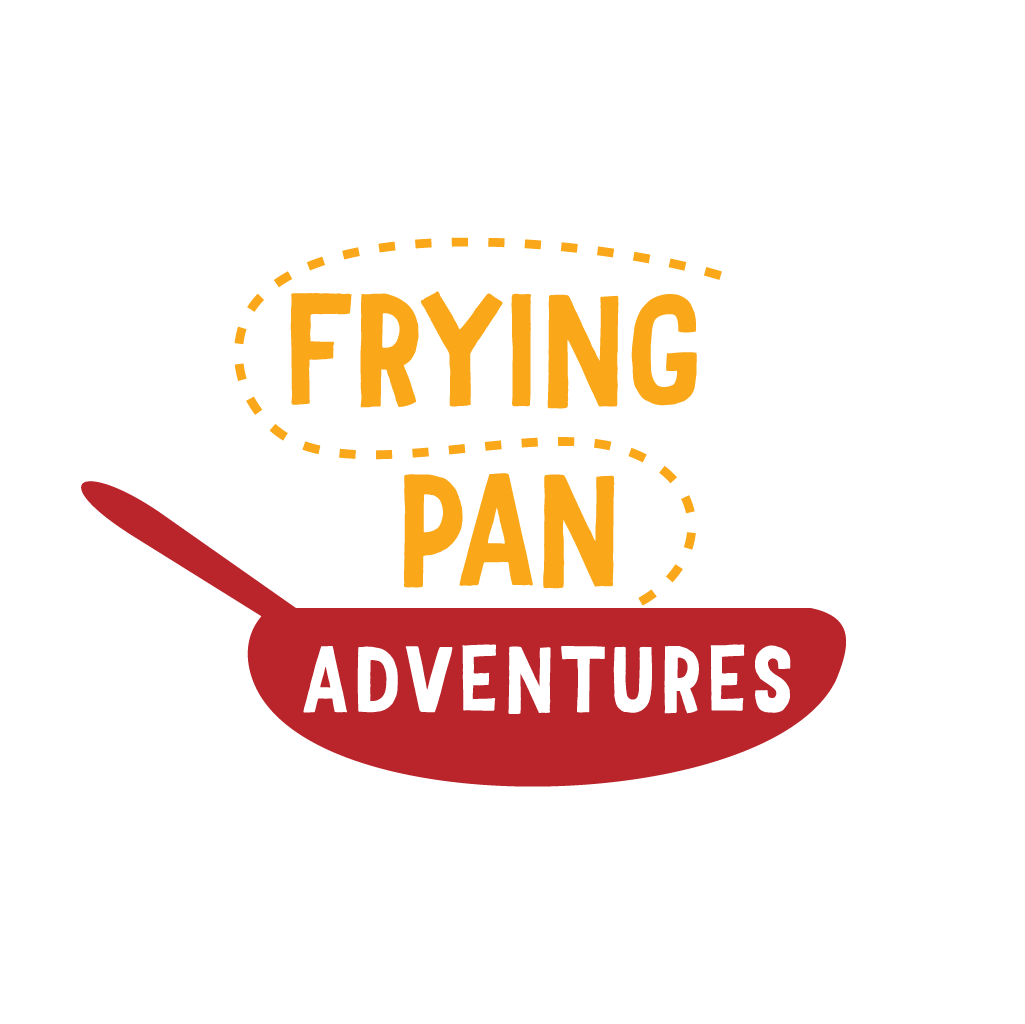Biang Biang noodles hail from the Shaanxi province of China. Our co-founder, Farida Ahmed, shares her experience with this popular dish at Lao Shan Wei restaurant in International City on this week’s episode of Cheap Eats on Dubai 92.
What’s This Week’s Cheap Eat?
Biang Biang noodles are stretched by hand until they are long, wide, and thick. This makes them characteristically chewy. At Lao Shan Wei, a bowl of these wheat-flour noodles feature Sichuan peppercorns, chili oil, minced garlic, and leeks. Remember to opt for the spice level best suited to your palate.
Check out the audio recap of the episode on Dubai 92 below for more fun facts including the origins of the name Biang Biang.
You can find Lao Shan Wei Restaurant on Google Maps here.
Watch our Reel to See What These Noodles Look Like
View this post on Instagram
Tune In
Tune in to the segment using this audio recap or check out the transcript below.
Transcript
Nats:
It’s Dubai 92, you’re with Jono and Nats on the big breakfast and it is time to do our favorite weekly thing.
Jono:
Get your salivary glans ready because this one really kicks a punch. Joining us from Frying Pan Adventures this week is Farida. Morning Farida.
Farida:
Morning Jono, morning Nats.
Nats:
What have you got for us that’s going to make us so starving that at 10 am we’re going to be hooning around the city trying to get it?
Nats:
Today we’re going to be driving down to International City and we are heading to the Chinese cluster, and we’re looking for a restaurant that is called Lao Shan Wei.
Jono:
How are we going to know that that’s the specific restaurant that we found? Like, where specifically in China cluster do we go in International City?
Farida:
F09. That’s the shop number.
Jono:
So I’m guessing it’s one of the traditional Chinese restaurants that exist in International City. Is everything in Mandarin including the menu, the service, everything’s in Mandarin, right?
Farida:
Everything. So go with Google Translate. Though fortunately, every time I’ve been down there has been with my longtime friend Xini. So thanks to her, I do know what to order over there. And my go-to has become what they call “the Biang Biang Noodles”. Simply put, these are wide belt noodles that are absolutely bouncy, chewy, and traditionally you would actually pour hot oil over the noodles. So one of the other names for these noodles translates into pouring hot oil over handful noodles.
Jono:
Nice, they’ve catchy titles. What are the flavors in there? What do they get in there protein-wise? What’s going on in the dish?
Farida:
At its simplest, there is absolutely no protein in there. You just have the noodles being the star of the dish. Ideally, you would pile on Sichuan peppers, chili flakes, chili powder, minced garlic, there could be leeks in there. And then as the hot oil is poured, All the aromas from these various herbs and chilies are released. So in terms of flavors, it’s super nutty, very fragrant, very aromatic. There’s hints of spice and then you have that tongue-numbing quality that comes from the Sichuan peppercorns.
Nats:
And what if you can’t have spicy food? Is there like a non-spicy edition? Asking for a friend.
Farida:
Well, you can have them make it less spicy. They actually check with you as to what kind of spice level you want. But just remember the spice is mostly from the Sichuan peppercorns, which is more of a numbing effect, as opposed to a…
Jono:
A hot chili-burning spice that’s going to make you have to have laban up at the end of it. What price are we talking here? Because it is International City. It is one of my favorite places to grab cheap bites to eat. So how much are we talking for a dish?
Farida:
15 dirhams for a whole bowl of Biang Biang noodles.
Jono:
Go and find 15 dirham noodles anywhere else in the UAE. I challenge you. That is a challenge for you to… that is awesome so again you’ll find an F09, I’ve had a look online it is listed on there but it is in Mandarin Chinese if you look up restaurants in F09 in China Cluster you’ll get directions directly to where you need to go for this and the menu has got pictures on it as well for those of us who are amateurs such as myself that want to go along and just point at dishes.
Nats:
And these Biang Biang noodles look really really good. They look like Chinese Pappardelle, but like fiery hot and I’m here for it.
Farida:
Another interesting fact that I forgot to mention is that the word Biang Biang actually comes from the sound that is made when the noodle master is banging those noodles out.
Jono:
No way! That’s such a cool fact. I didn’t know that. Yeah, that is genius.
Nats:
Nats:
That’s cool.
Farida:
This is one of the simplest noodle dishes that comes out of the Shaanxi province of China, but this simple dish has the most complex Chinese character. So it takes anywhere from 42 to 71 strokes to write out Biang Biang and not even a computer can generate those characters.
Nats:
Yes, I love that.
Jono:
That’s amazing. That is such a cool fact. Hey, a pleasure as always, Farida. If you want to get more information, of course, you can always check out Fry Pen Adventures on social media.
Nats:
Yeah, go check out their food tours. And Farida, a girl after my own heart for saying, take that AI, you can’t pull these noodles for us.
Jono:
Farida, thanks for joining us.
Farida:
Thanks for having me.
Find out where to find Vietnamese Banh Mi in Dubai here.

Arva Ahmed is the co-founder of Frying Pan Adventures, Dubai’s first food tour company, and a celebrated food explorer known for uncovering Dubai’s hidden culinary gems. Her expertise in the city’s diverse food scene has been featured in prominent publications such as CNN, Khaleej Times, BBC Travel, The Sun, The Independent and countless more. She also hosts Ditch the Silver on YouTube. Through her immersive tours and storytelling, Arva brings Dubai’s rich flavors and vibrant cultures to life.




